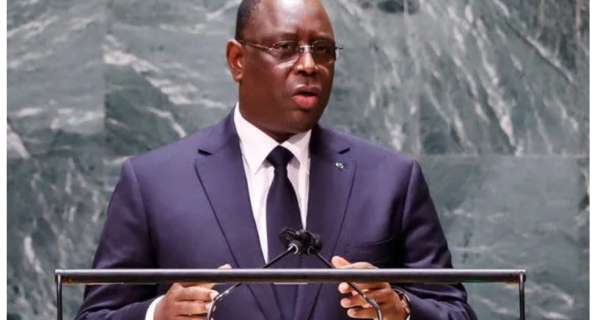
Macky Sall, the president of Senegal and chair of the African Union, sent a direct message to his fellow world leaders: Africa does not want to be the battleground for a proxy war between nations on opposing sides of the Russia-Ukraine war.
It was one of the highlights of his address yesterday (Sept. 20) at this year’s United Nations General Assembly meeting in New York.
"I have come to say that Africa has suffered enough of the burden of history,” said Sall who has become the loudest African voice advocating for an equal seat for the continent at crucial decision-making tables. Rather than be the stage for another Cold War, Africa wants to be a “pole of stability and opportunity open to all its partners, on a mutually beneficial basis,” he said.
Africa demands to exit the sidelines
Sall’s remarks come within the last fortnight of reflection on Africa’s place in the world following the passing of the last British monarch to have colonial subjects on the continent.
In the decades since the drastic dilution of the British Empire, the postcolonial world shepherded by the United Nations has prioritized so-called world powers at its highest decision making levels. The UN’s security council is the prime example: its five permanent member countries, none African, hold powers of veto that affect how UN bodies intervene on the continent’s critical peace and security matters.
Sall reminded his colleagues that Africa wants to change this, citing the Ezulwini Consensus where African leaders demanded two permanent seats on the security council. Granting that wish, in addition to a G20 seat, will show the world is prepared to “overcome the reluctance and deconstruct the narratives that persist in confining Africa to the margins of decision-making circles.”
Credit rating agencies must treat Africa better
The African Union is marching towards setting up a credit rating agency for the continent, and the effort has the backing of member countries. But meanwhile, the body wants fairer treatment from the big three agencies when they evaluate African governments’ international fundraising efforts (typically through eurobonds).
Dominant in the US thanks to their legally protected status, Standard & Poor’s (S&P), Moody’s, and Fitch have extended their reach to assess African governments and businesses, often resulting in dissatisfaction. GCR, the continent’s major ratings agency, was bought by Moody’s earlier this year, cementing the big three’s market share.
Sall expressed concern that “the perception of risk in Africa continues to be higher than the actual risk,” causing high insurance premiums and making African economies appear unattractive to investors. He cited an IMF and World Bank-assisted report that urged Moody’s and the other agencies to be more transparent with their methodologies “so as not to undermine confidence in ratings.”
Senegal wants to explore its oil and gas reserves
In addition to calling for an end to sanctions against Zimbabwe, Sall’s other major submission at UNGA is one he has championed arguably for what it could do for his native Senegal: that African countries should exploit existing oil and gas reserves, even as the continent remains committed to the ideals of the Paris Climate Agreement.
Angola and Nigeria are among Africa’s oil dependent economies, even if decades of exploitation have failed to correlate with world-class quality of life or high income. A trail of environmental damage has followed too, as new reports from Nigeria’s riverine areas show. Still, “the continent that pollutes the least and lags furthest behind in the industrialisation process should exploit its available resources,” Sall said, pointing to the 600 million Africans without electricity.
Offshore oil production in Senegal is set to begin in 2023 at the rate of up to 120,000 barrels a day from a reserve of 2.5 billion barrels.
Whether the country’s state-run company will avoid the pitfalls that have dogged its more experienced west African neighbor remains to be seen. But Sall’s demand is that Africa, faced with development challenges that for the most part barely affect wealthier western countries, would like to not be barred from putting its resources to use.
“We want a multilateralism that is open and respectful of our differences,” he said, “because the United Nations system, born out of the ashes of war, can only win the support of all on the basis of shared ideals, not local values erected as universal norms.”
By: Alexander Onukwue

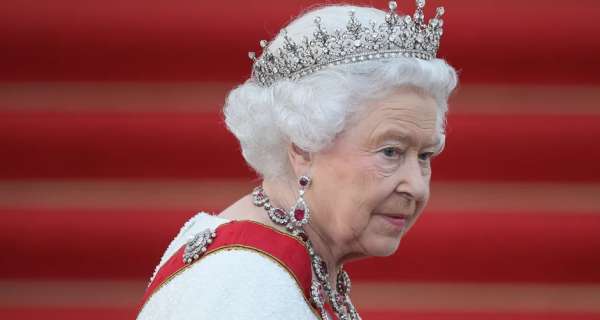
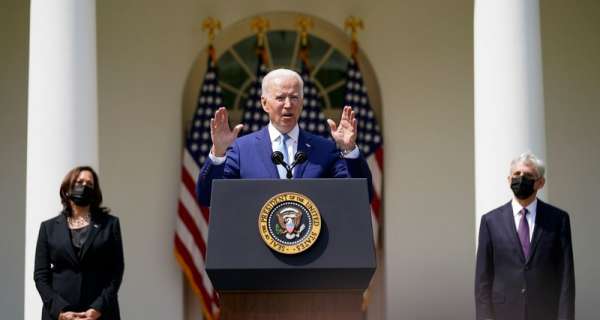
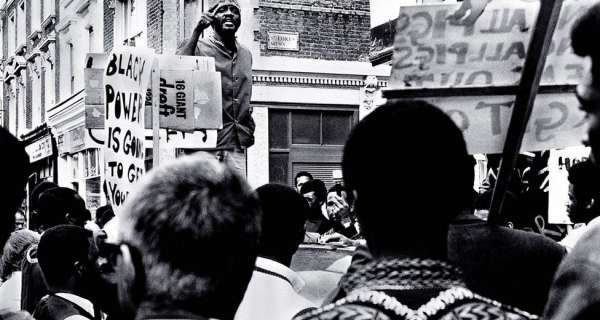
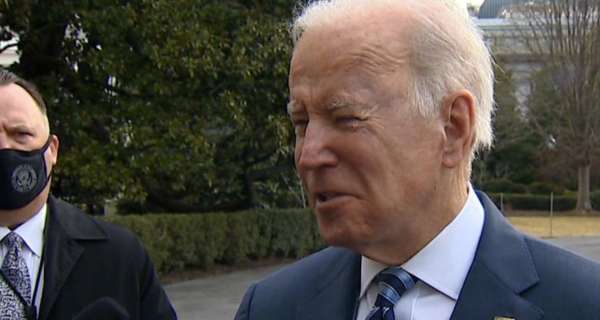
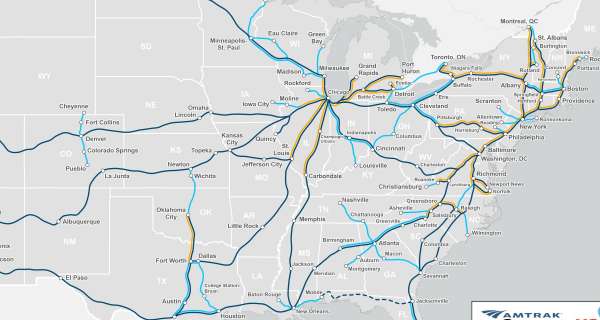
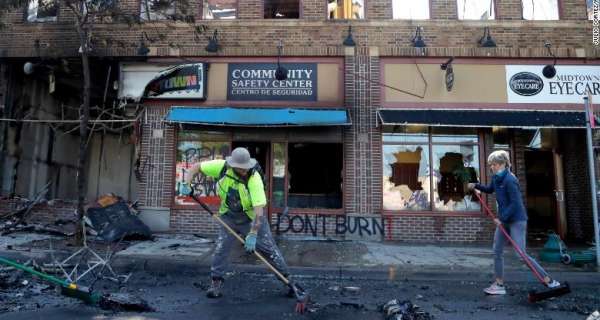
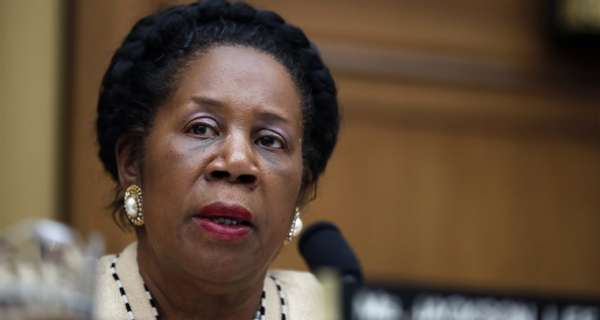


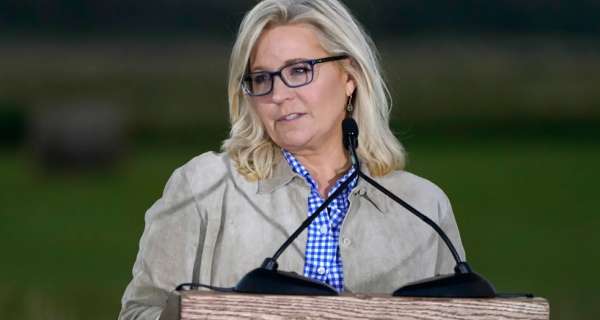
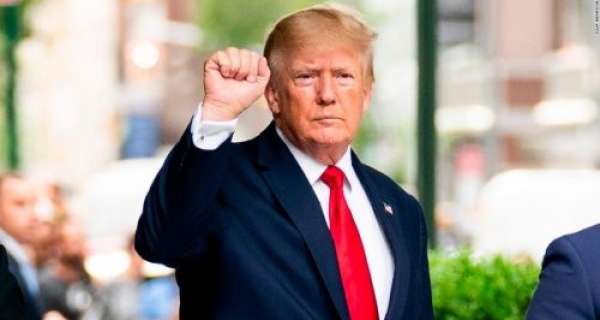
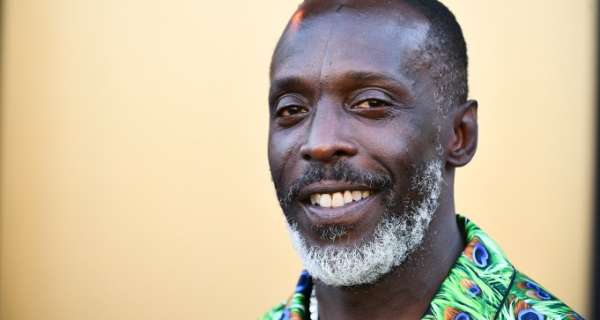

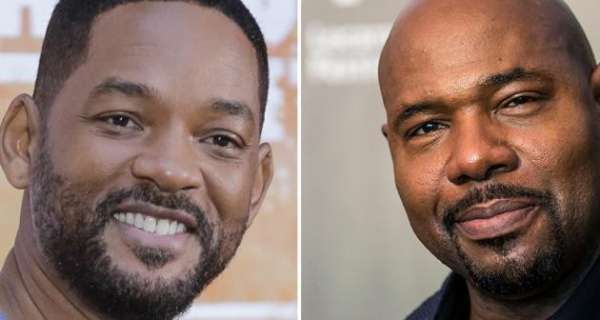

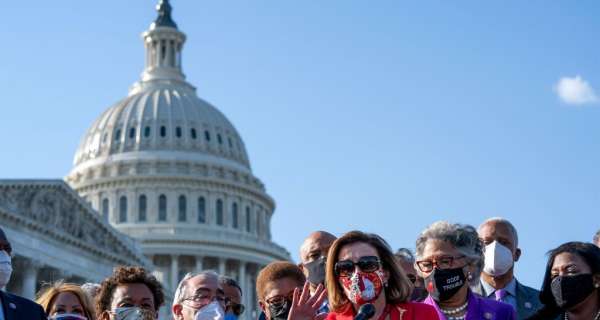
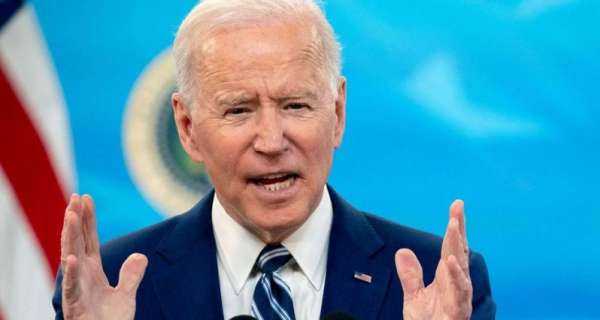
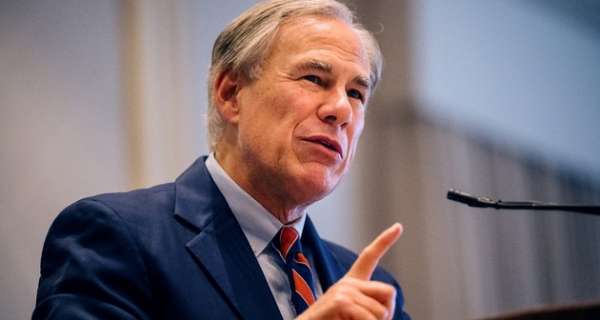
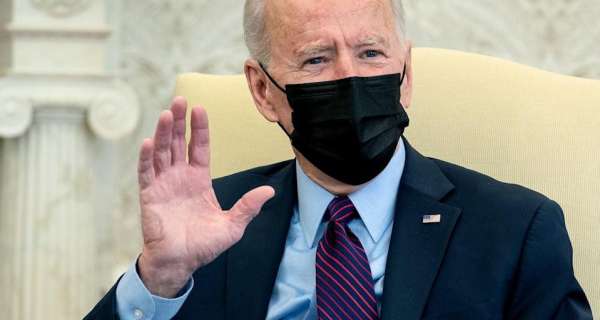
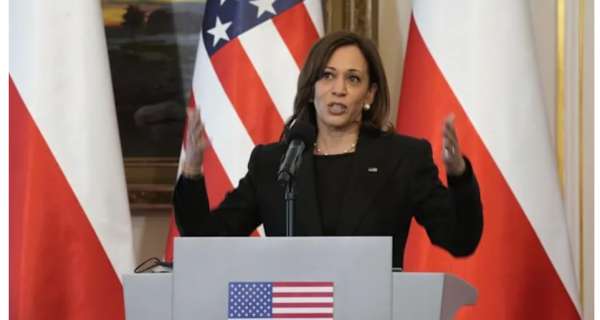

0 Yorumlar